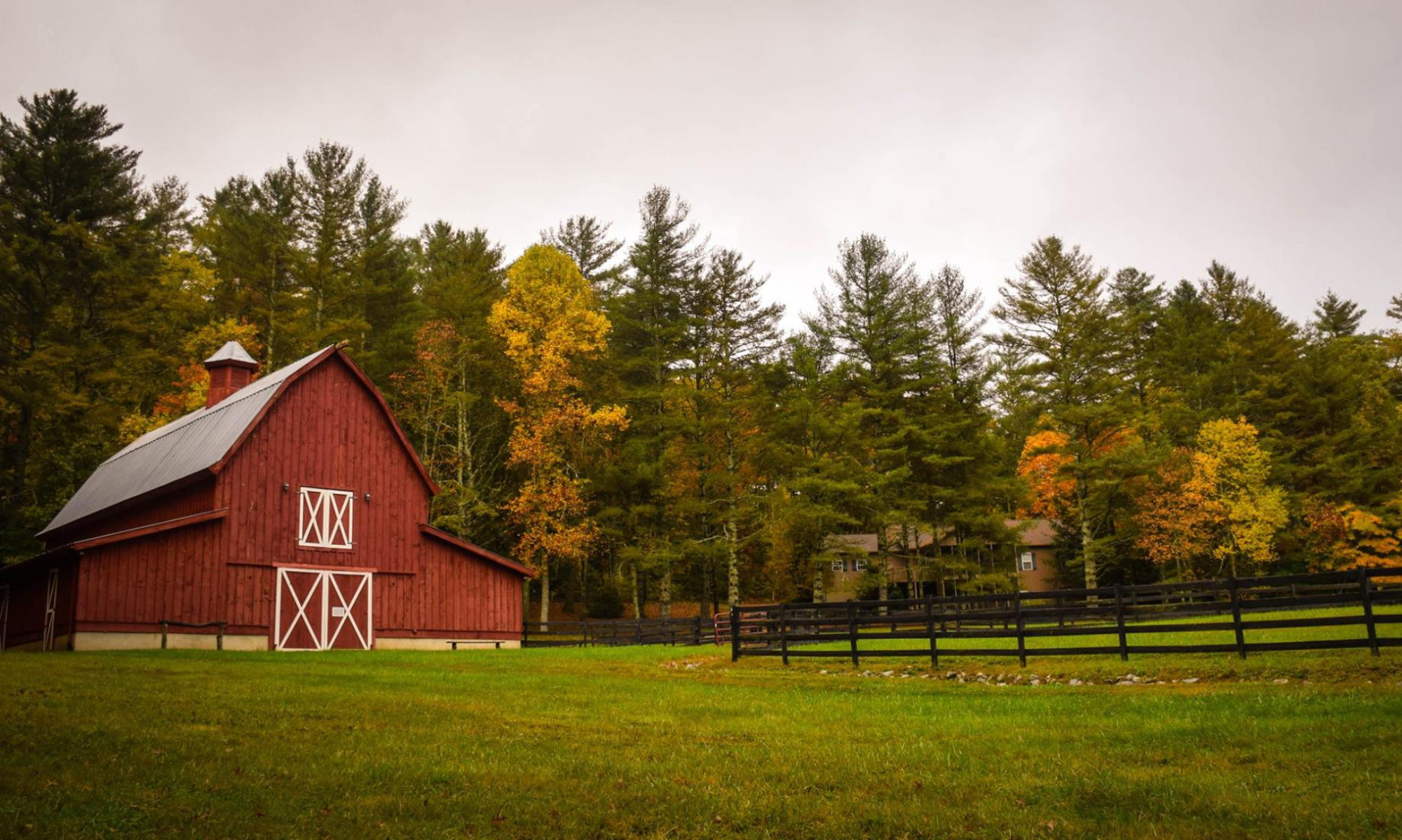In our next post, Iowa Senator Tom Harkin will write about his hopes for the 2007 Farm Bill. A story in yesterday’s Des Moines Register offers some policy-context to parts of his post.
Talk of agriculture often dominates discussions about the farm bill, but yesterday Philip Brasher wrote about another sort of battle brewing in the debate over the 2007 Farm Bill.
Brasher: Harkin prepares push for rural development
A battle could be brewing between the House and Senate on an issue that seldom gets much attention in Congress – rural development.
The chairman of the Senate Agriculture Committee, Sen. Tom Harkin, is preparing a series of rural development proposals, including funding for water and sewer improvements, venture capital and even child-care centers, that would increase federal spending by $2 billion over the next five years.
The farm bill that passed the House this summer had relatively little new money for rural development programs. [Snip…]
A mandatory program must be included in the federal budget each year. Spending for other rural development programs in the House bill would be left to the discretion of congressional appropriations committees.
By contrast, all of the $2 billion in new rural development money that would be in Harkin’s legislation would be designated as mandatory spending, according to his staff, which provided a description of his plans.
“We need to help communities help themselves to create quality jobs and an improved quality of life,” says Harkin, D-Ia.
Harkin’s proposal provides money for rural water and sewer systems which currently face a large funding backlog. It also includes money for constructing and maintaining rural hospitals, assisted-living facilities and child care facilities.
The proposed legislation designates $100 million for microenterprise loan programs for people looking to start a new rural businesses, and $200 million over five years for value-added grants.
These are important programs for rural America, and critical after years of farm consolidation and rural out-migration driven by unlimited farm payments in the Commodity Title of the bill. But the fight won’t be easy.
Republican-led Congresses repeatedly nicked several rural development programs that were authorized in the 2002 farm bill, including the value-added grants and Internet loans. (This is the reason the House Agriculture Committee’s chairman, Rep. Collin Peterson, D-Minn., gave for not putting more mandatory spending into rural development this year.)
Harkin has allies in the Bush administration for at least some of his ideas. In threatening to veto the House farm bill, the White House specifically cited the lack of funding for rural hospitals and infrastructure, among other reasons.
I will be watching the debate unfold, and hoping Harkin holds out for a full $2 billion in mandatory rural development spending in the 2007 Farm Bill.

Really a nice blog with all the information that i wanted to know about. This will help me in my future carrier. thanks for such a nice post.